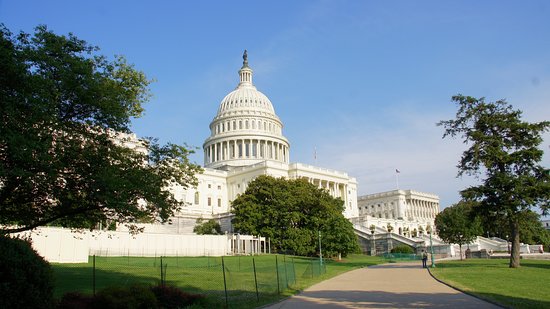Whitehouse Votes to Authorize Issuing Subpoenas to Harlan Crow and Leonard Leo as Part of Supreme Court Ethics Probe

Washington, D.C. – Senator Sheldon Whitehouse (D-RI), Chairman of the Senate Judiciary Courts Subcommittee, today released the following statement after the Judiciary Committee voted to authorize Chairman Dick Durbin (D-IL) to issue subpoenas to billionaire Harlan Crow and court fixer Leonard Leo to advance the Committee’s Supreme Court ethics investigation.
“I thank Chairman Durbin for his leadership in shepherding these subpoenas over a wall of partisan Republican obstruction. The Senate has clear authority to issue subpoenas related to our legislative work. Congress wrote legislation to create the body that oversees the administration of the courts as well as the disclosure laws the justices are currently subject to.

“Those watching the Senate Judiciary Committee today witnessed every permutation of Republican obstruction: invoking obscure rules, trying to deny a quorum, interrupting the vote with points of order, and lastly, a general walk-out. Republicans have said our investigation into billionaire influence at the Court will destroy the institution. All of this obstruction raises the question: what are Republicans so concerned we will find has been happening at the Court that it will destroy the institution? Whatever it is, the American people should know about it, and today’s vote was a big step toward learning the truth.”
Congress has a well-established role in oversight of the judiciary and updating ethics laws that apply to federal officials including justices and judges. Congress passed the Ethics in Government Act, which the justices are subject to, and created the Judicial Conference, which administers that law.

In July, the Senate Judiciary Committee advanced Whitehouse’s Supreme Court Ethics, Recusal, and Transparency (SCERT) Act to the full Senate. The bill would require Supreme Court Justices to adopt a code of conduct, create a mechanism to investigate alleged violations of the code of conduct and other laws, improve disclosure and transparency when a Justice has a connection to a party or amicus before the Court, and require Justices to explain their recusal decisions to the public. Whitehouse has also led legislation to create term limits at the Court.
